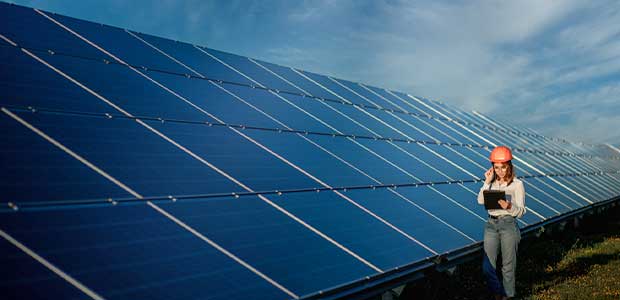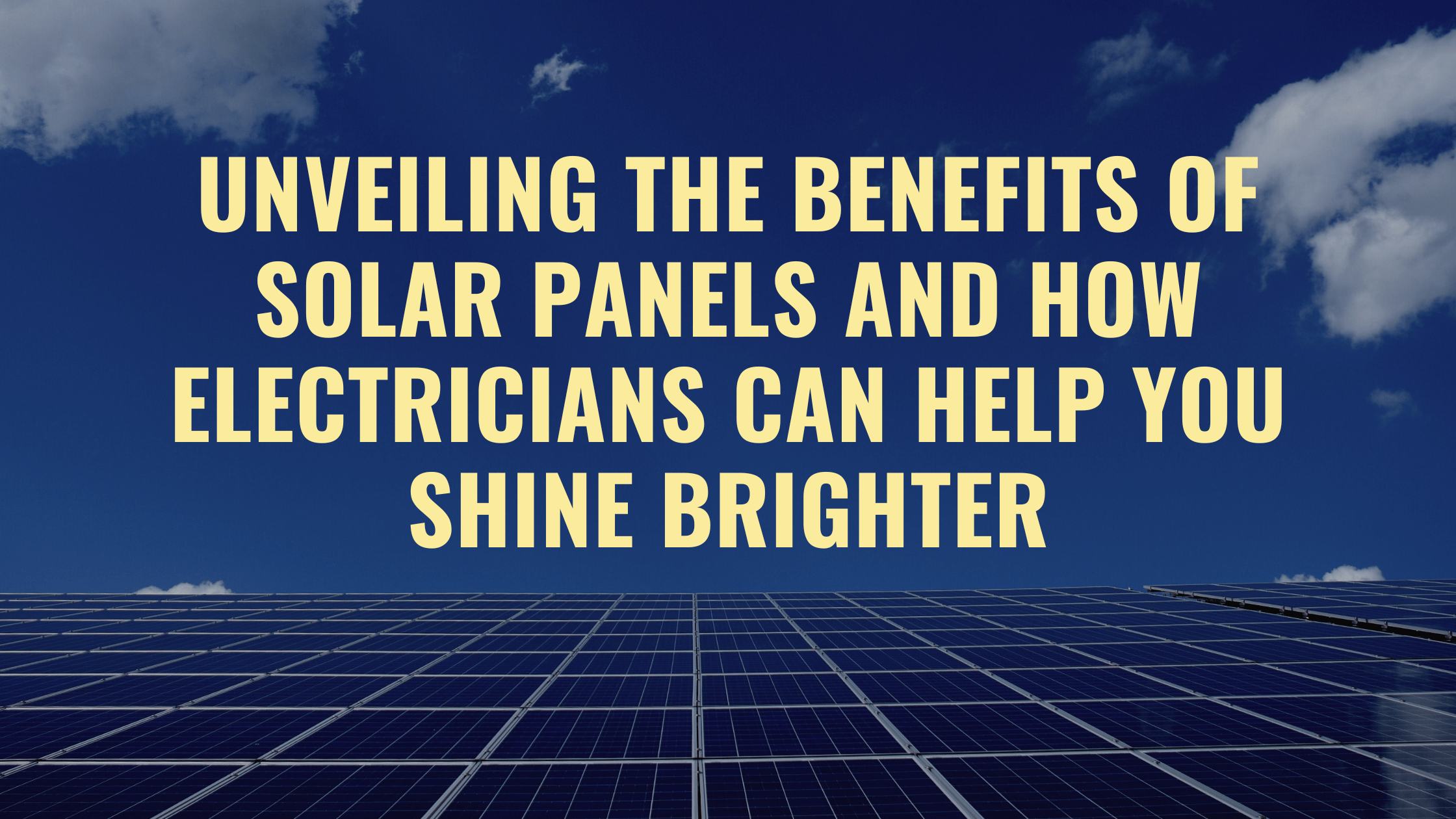Solar Power 101: A Novice's Guide to Sustainable Energy Solutions
As the globe increasingly changes towards lasting power services, understanding the fundamentals of solar power becomes important for both individuals and services. By discovering the benefits of solar modern technology, along with the monetary rewards and installation processes, one can get a more clear viewpoint on how to efficiently integrate this sustainable source into their energy method.
Recognizing Solar Power
At its core, understanding solar power involves realizing the fundamental principles of how sunlight can be transformed into useful power. Solar power is stemmed from the sunlight's radiation, which can be used via numerous modern technologies. The key system for this conversion is the solar impact. This phenomenon takes place when sunshine strikes semiconductor products, commonly silicon-based, within solar batteries. The energy from the sunlight excites electrons in the semiconductor, allowing them to stream openly and create direct present (DC) electrical energy.

Comprehending solar power additionally involves acknowledging its environmental advantages. By making use of sunlight, we can reduce greenhouse gas emissions and reduce air pollution, adding to a more lasting future. The improvements in technology and efficiency of planetary systems proceed to boost their feasibility, making solar power an increasingly attractive choice for international energy needs.
Kinds Of Solar Energy Equipments
Different types of solar power systems are generally used to harness solar power for electrical power generation. The key categories include photovoltaic (PV) systems, focusing solar energy (CSP) systems, and solar thermal systems.
Photovoltaic or pv systems make use of photovoltaic panels made up of silicon cells that convert sunshine straight into electrical power. These systems are flexible and can be installed on rooftops, ground mounts, or integrated right into structure products.
Concentrating Solar Power systems, on the other hand, use mirrors or lenses to focus sunshine onto a small area, generating heat that drives a heavy steam wind turbine to generate electricity - Simply Solar Illinois. CSP systems are usually deployed in massive nuclear power plant and require straight sunlight, making them much less appropriate for gloomy areas

Each kind of solar power system has its special characteristics, applications, directory and viability relying on geographical place, power demands, and budget plan, making it important to examine alternatives based upon certain situations. - Simply Solar Illinois

Advantages of Solar Power
Utilizing solar power through different systems not only supplies a lasting way to generate electrical power but also provides have a peek at this website a multitude of advantages. Among one of the most substantial benefits is the reduction in greenhouse gas emissions, contributing to a cleaner environment and combating climate modification. Solar power is sustainable, indicating it is endless and available as long as the sun beams, unlike nonrenewable fuel sources, which are finite and diminishing.
Furthermore, solar energy can bring about considerable cost financial savings over time. Home owners and businesses can reduce their electrical energy expenses considerably, and in most cases, they might gain debts for excess energy created via web metering. Additionally, the solar industry creates work, from producing to installment, boosting regional economies.
Another compelling advantage is power self-reliance. By producing their very own electricity, individuals and neighborhoods can reduce dependence on outside energy resources, improving strength versus fluctuating power prices and supply disturbances. Furthermore, solar energy systems require marginal maintenance, making them a practical alternative for lasting power generation.
Installment Process Overview
The installation process for solar power systems generally includes numerous key steps that make certain effective integration right into a property. A detailed site analysis is conducted to assess the roofing's positioning, shielding, and structural honesty, which are critical to optimizing solar panel efficiency. Following this analysis, the style stage starts, where a customized solar power system is configured based go upon the property owner's energy needs and choices.
As soon as the style is finalized, the required authorizations and authorizations are acquired from local authorities, ensuring compliance with laws. The actual installment involves installing the photovoltaic panels on the roofing or ground, linking them to an inverter, and integrating the system with the residential or commercial property's electrical setup. This stage might also involve setting up battery storage systems, depending on the layout.
With the setup total, the solar power system can start creating sustainable energy, contributing to sustainability and lowering utility costs. This structured method makes certain that solar systems are both effective and reliable, optimizing their long-lasting advantages.
Financial Rewards and Cost Savings
Checking out the financial rewards and financial savings connected with solar energy systems can dramatically enhance the appeal of making the button to eco-friendly power. One of the most noteworthy incentives is the government solar tax obligation credit, which permits homeowners to deduct a portion of their solar system installment expenses from their government tax obligations.
In enhancement to tax credit scores, lots of states supply rebates that can even more decrease ahead of time expenses. Some utility business additionally offer performance-based rewards, satisfying solar power manufacturing gradually. Financing options, such as solar fundings and leases, allow customers to mount systems with little to no down payment, making solar power more easily accessible.

Furthermore, solar systems can boost home values, supplying a strong return on financial investment. Generally, the mix of motivations and savings makes solar power an economically eye-catching selection for lots of homes.
Final Thought
Finally, solar energy stands for a crucial part of sustainable power solutions, giving a pathway toward decreased carbon footprints and enhanced environmental security. The varied kinds of solar energy systems, paired with substantial economic motivations, promote broader adoption amongst people and areas. Comprehending the installation procedures and advantages related to solar power encourages stakeholders to make informed decisions. Ultimately, the change to solar power not only cultivates ecological responsibility yet likewise advertises financial savings and energy freedom.